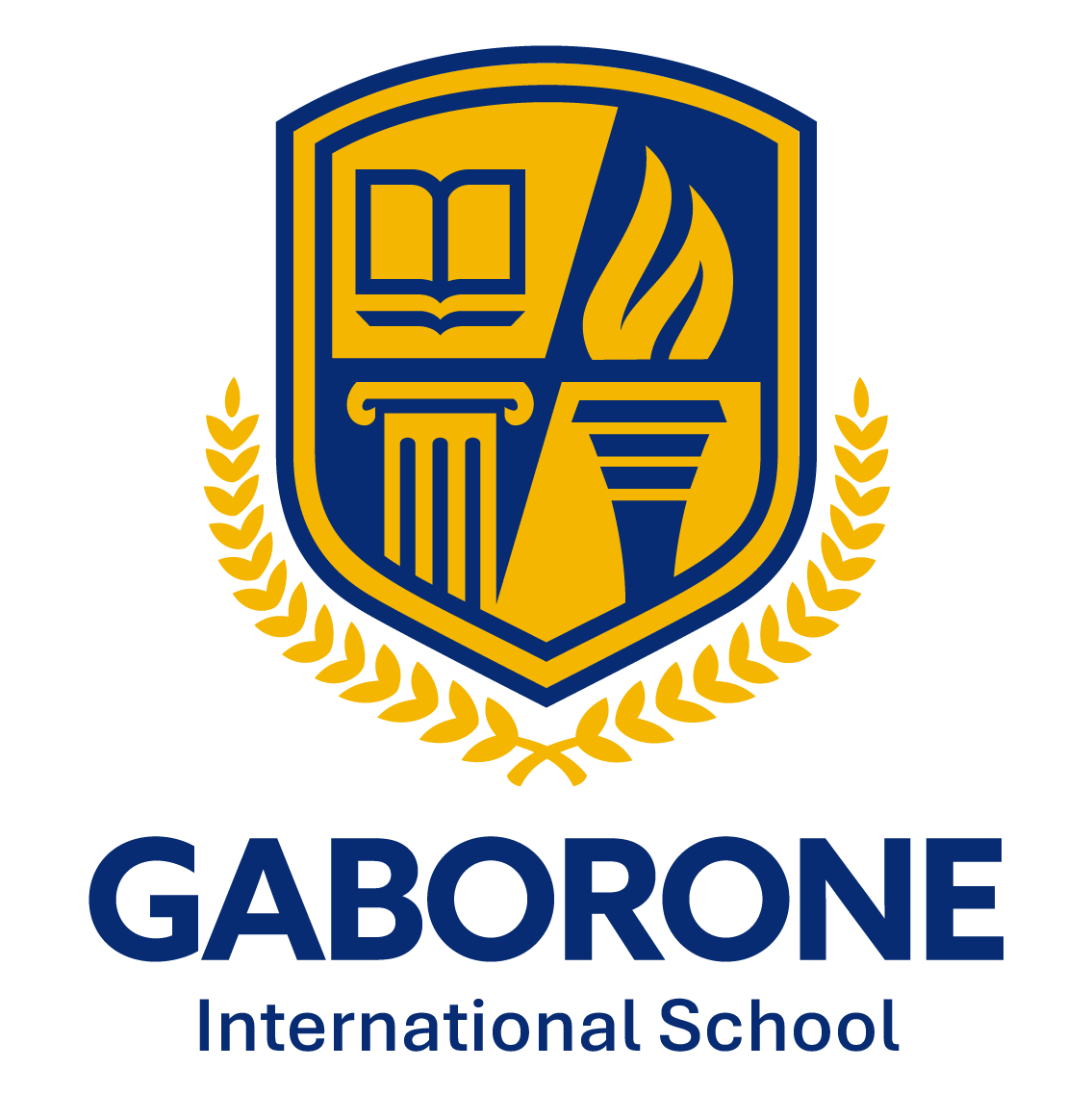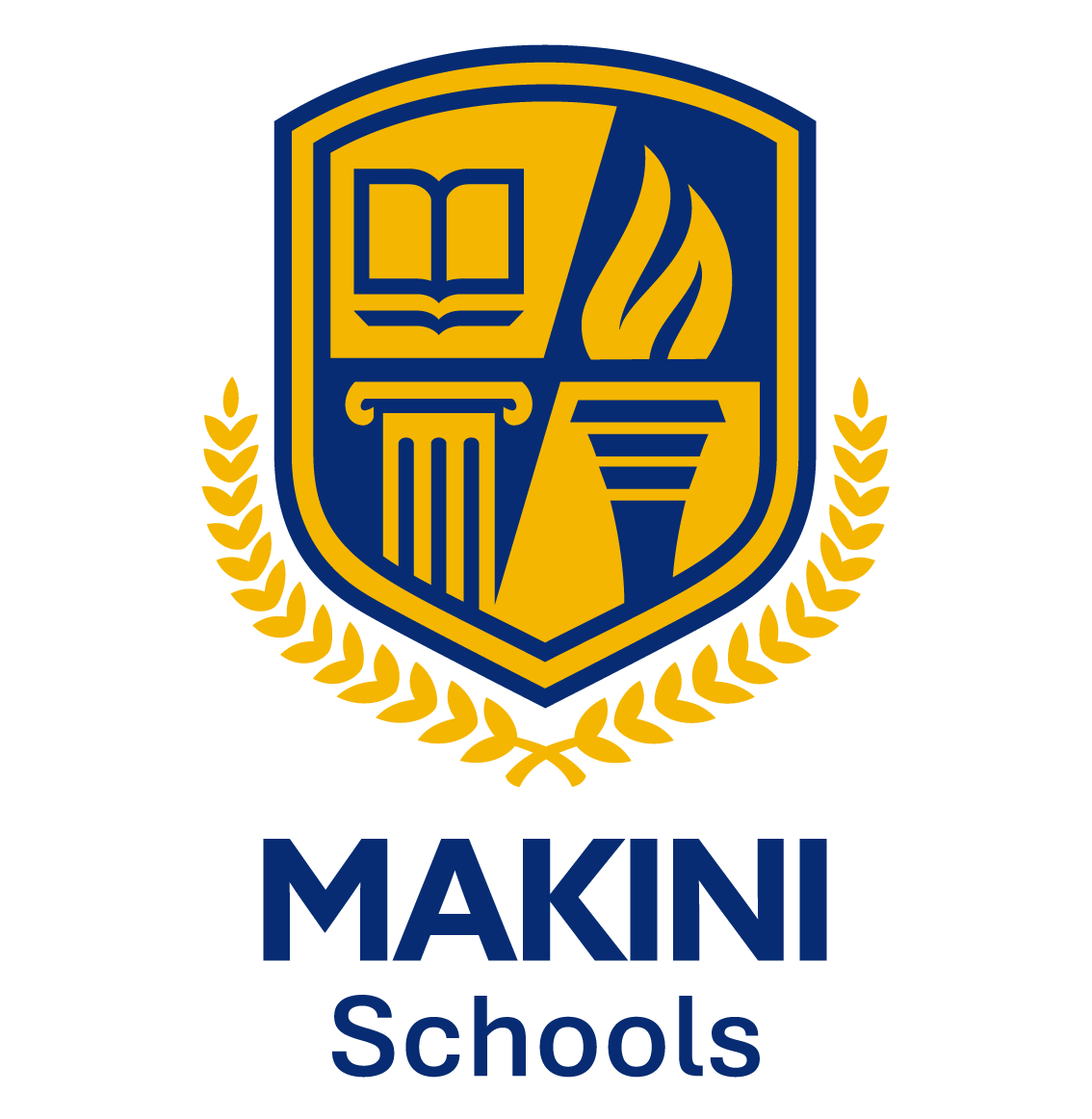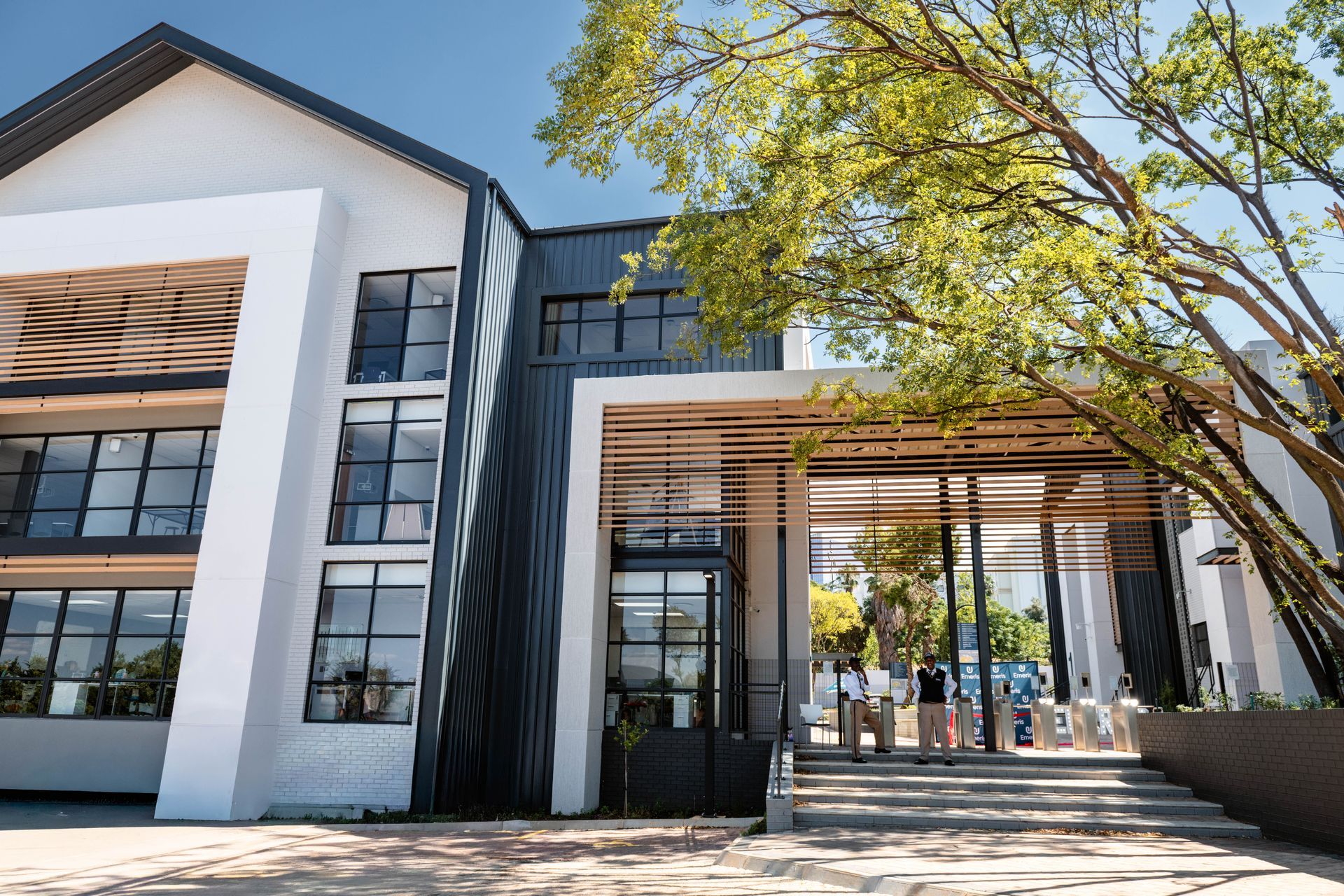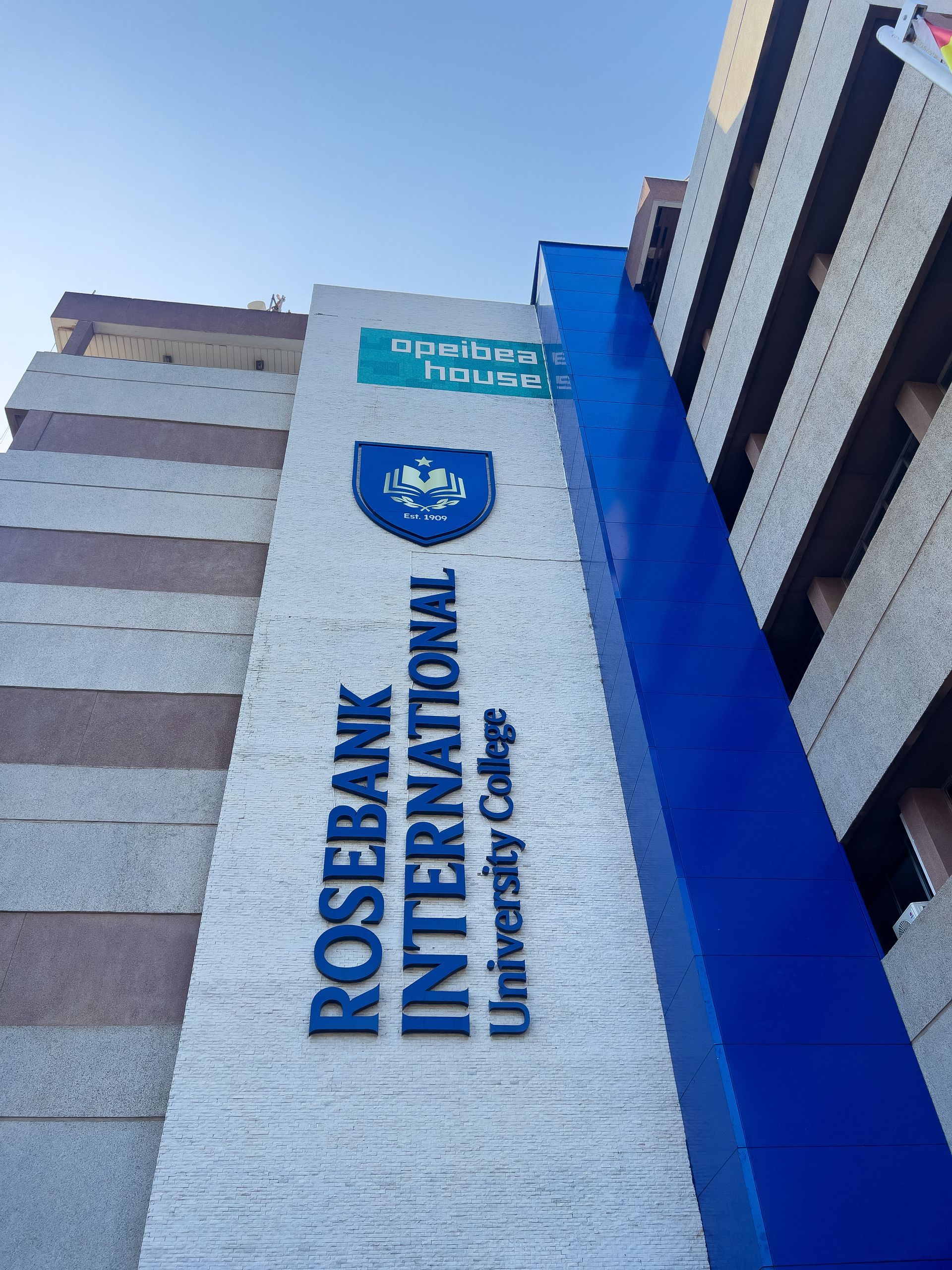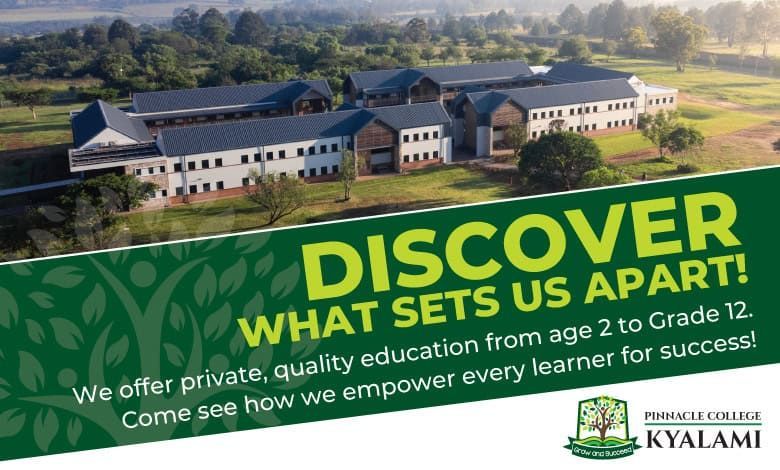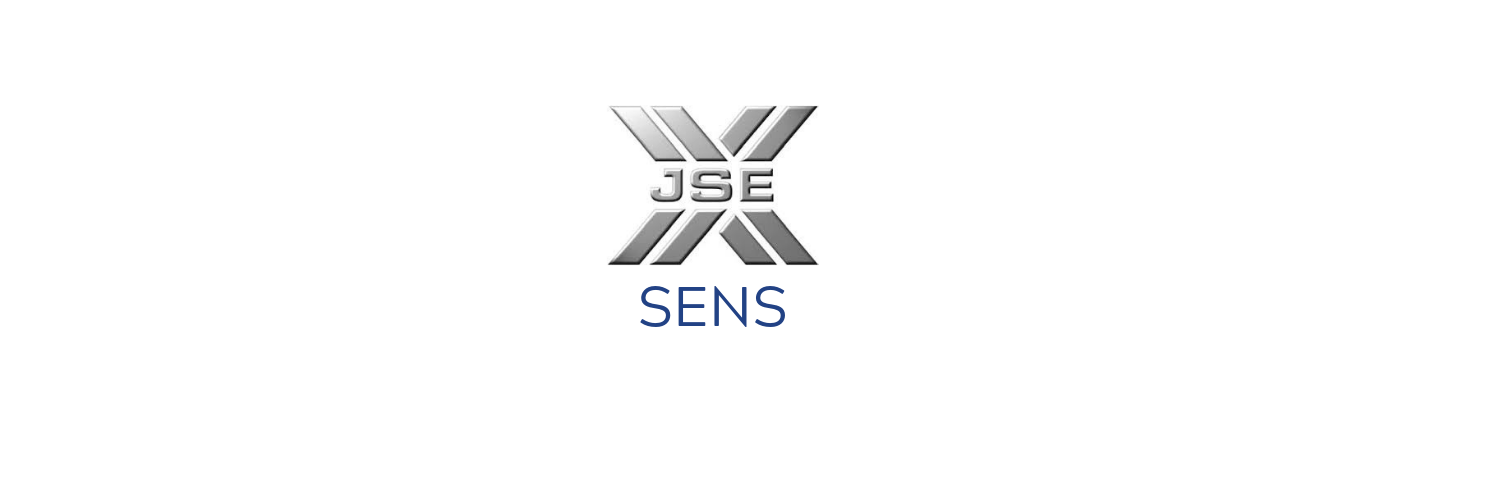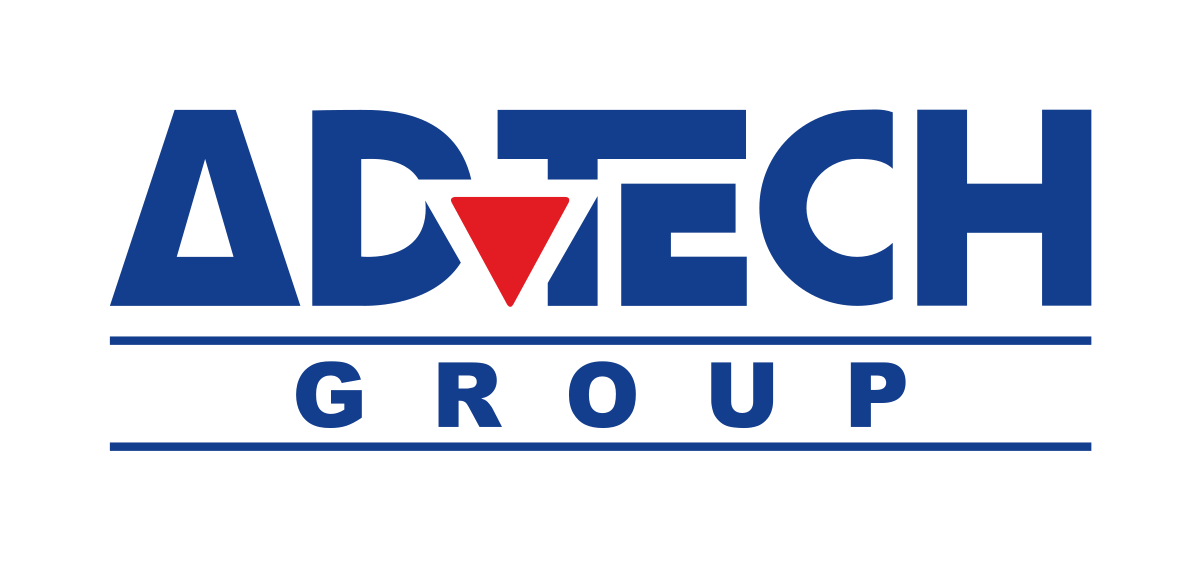Education interrupted: Time to talk about the future of our children
It is easy for middle- and upper-class South Africans with access to schools that can accommodate social distancing and Covid protocols to begin to believe that, on the whole, except for the inconveniences of screening, masks and sanitation, education is returning to normal. However nothing could be further from the truth, an education expert says.
“Those of us with means are called to focus on the cost – the long-term cost and impact – to the children in South Africa. It is not dramatic to say that for most of the children ‘regular’ schooling has yet to resume,” says Dr Felicity Coughlan, Director at The Independent Institute of Education, SA’s largest and most accredited private higher education provider.
Dr Coughlan says that while schools and educators are doing the best they can, often with limited resources, too many children, including those in reasonable well-resourced public schools, are still attending school on a rotation basis instead of full-time, because of space constraints and the inability to ensure social distancing.
“It is understood that children learn less when stressed and that in periods of social and civil unrest they are impacted not only by their lack of access to school, but also by what happens when they are at school and the ongoing and pervasive sense of uncertainty.”
This is where all our children are impacted. The learning conditions all children face are not optimal for the confidence and calm needed to learn best.
“We have a collective responsibility as society to think about and act upon this situation,” she says.
Some of the challenges we face are less obvious than others. On the matter of masks, for instance, science is very clear that they are a major weapon in the fight against infection, but this is not coming without cost.
“The experience of smiling and seeing the smiles of others is not just an emotional one – it changes the way our brains work as it releases hormones of pleasure. Smiling and seeing the smiles of others physically protects us against stress and its effects. Just not seeing the smiles of your classmates is a daily cost to children,” says Dr Coughlan.
“Learning mathematics is another example. It is a cumulative process and missing a step has long term consequences. If you are only at school three days out of five or every second week, there is no consistency in the learning process. Schools are being innovative and restructuring so much of what they do to cope with this, and they need to be commended for it, but each solution we put in place in these times has a cost and consequence.”
Dr Coughlan notes that to address the lack of in-person teaching time, some schools are using the hours children are at school in this disrupted manner to focus intensively on Maths and languages.
“This is understandable, but there is a social cost to relegating social subjects to at-home learning,” she says.
“Others are sending a great deal of work home which is fine if you understand the work to start with, but if not, that only compounds the problem. Others are making their teachers available for hours each day to respond on WhatsApp to children – depriving exhausted teachers of recuperation time. None of this is negligent and none of this is motivated by anything other than a desire to do the best possible.
“The problem is that the best possible is simply not good enough for two reasons. One is that it is contrary to what we currently understand about the way people best learn and interact. This would not be so serious if these were solutions to short-term problems only. Sums and smiling – these seem such trivial issues that we can deal with when things return to normal. And therein lies the problem – these are just indicators of what makes us effective as humans. In our complicated world where what was, is never going to come back, they are anything but simple or trivial.”
Dr Coughlin says we are not going back to a pre-COVID world - even if the vaccination programme does work future pandemics are not the matter of doomsayers only. And even if we are eventually able to smile at each other again at school without masks, the experience of being deprived of the some of the essentials of human engagement is already etched in our bodies and our psyches.
“We are already a violent and disconnected society plagued by poverty and despair. When we overlay that with the long-term impact of this current anxiety, the educational disruption of our all our young people, a faltering economy and a global world reverting to nationalistic tendencies, the future is truly frightening.”
Dr Coughlan notes it is common cause that counselling services and professionals are reporting increased loads.
“Are we just going to add these numbers and the increased rate of youth suicide to our statistics of living in the pandemic? Are we just going to lower our literacy and numeracy expectations even further? Or can we work collectively to fill the gaps and fix the fissures?
“We have to ask ourselves – as corporates, as parents, as the public broadcaster, as provincial departments and as universities – what role can we play to ameliorate the impact of this pandemic on the sums and smiles of all our children? We have long had an unequal playing field for South Africa’s less privileged children. Not only has the gap widened but the nature of the impact of this pandemic has put pressure on all parts of all systems all the time.”
Approaching halfway through our second year of the pandemic, your average ten-year-old, even those who are at school every day, still is not actually at school pursuing their educational journey in the way we know it needs to be, she says.
“Humans are ingenious – if we want to, we can figure it out. We need to listen with care and respect to the teachers who truly understand the impact of all of this on sums and smiles and we need to harness and spread the goodwill and excellence and solutions and new ways of thinking and being that they offer. To do this we have to accept that we are not waiting for the pandemic to be over as if there is a day on which this will end.
“We need to want to be different now, ready for that day, recognising that when that day comes, it will be another day in our collective future which is nothing like the last day any of us lived not knowing what COVID was. And if we do not accept that we must change and not wait for things around us to change, we will be judged accordingly by the state of sums and smiles of the next generation.”
ADvTECH Updates
